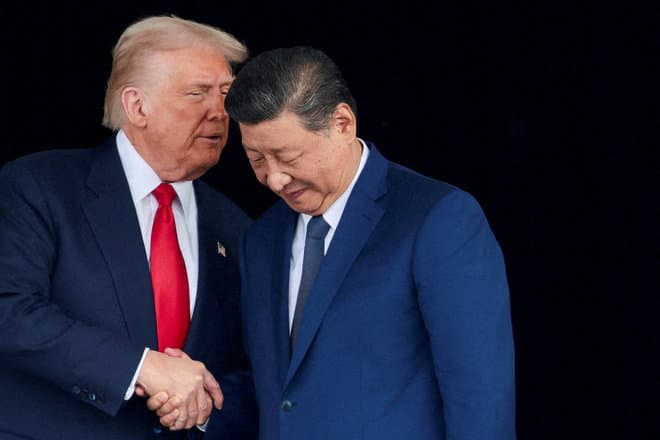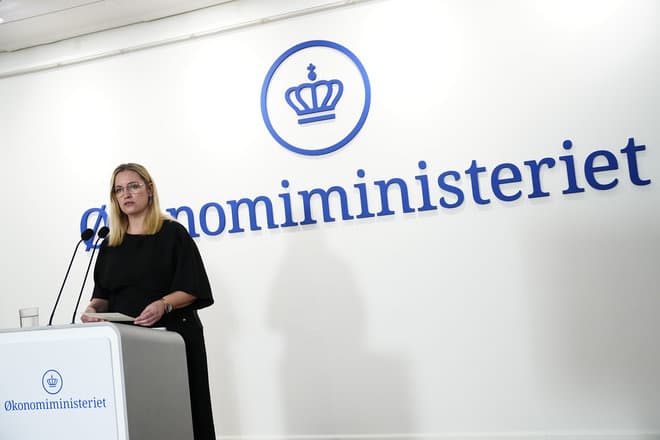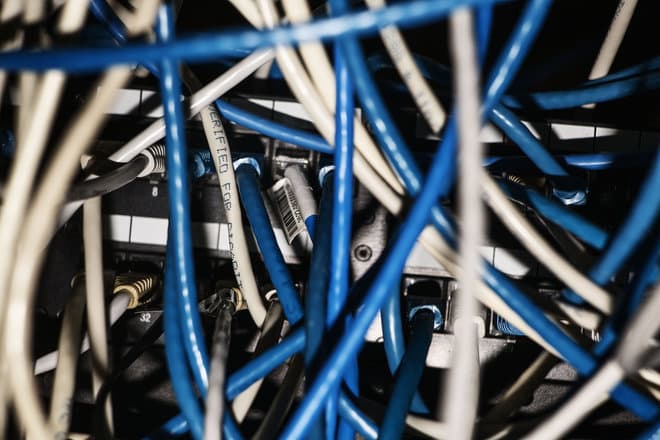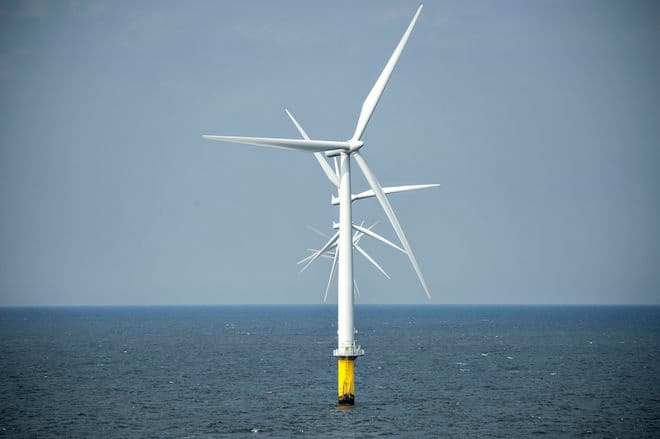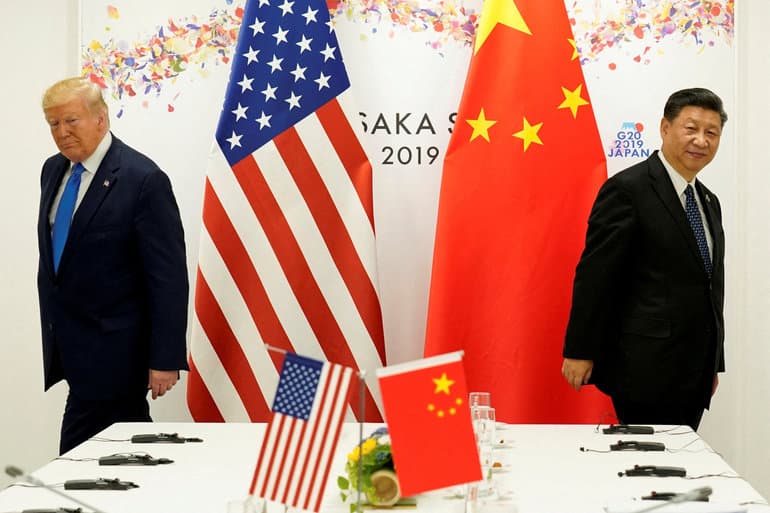
The US announcement that it will impose a 100 percent higher tariff on Chinese goods is a classic case of double standards. This was stated in a statement from China's Ministry of Commerce on Sunday night, the AFP news agency reports.
- The statement in question from the US is a typical example of double standards, says an unnamed spokesperson in the statement.
- Threatening with high tariffs all the time is not the right approach to China.
On Friday, US President Donald Trump announced on the social media site Truth Social that the US will impose a tariff that is 100 percent higher than the already existing tariff on Chinese goods. The increased tariff will take effect on November 1, he wrote.
China is currently subject to US tariffs of 30 percent.
The message from Trump came after China announced that the country would tighten controls over the export of rare earths.
China defends this decision in a statement last night, saying that the tightened controls are legitimate. Reuters reports.
China produces over 90 percent of the world's processed rare earths and rare earth magnets.
The US president also wrote on Truth Social that the US will impose export controls on "all critical software", which will also take effect on November 1.
He has threatened to withdraw from a proposed meeting with Chinese President Xi Jinping, which is due to take place in South Korea later this month.
It will be the first physical meeting between Trump and Xi, who lead the world's two largest economies, since Trump was inaugurated into the White House in January for his second term.
The statement from the Chinese Ministry of Commerce says that China is willing to strengthen dialogue on export controls with all countries to better protect the security and stability of global supply chains.
/ritzau/
Text, graphics, images, sound, and other content on this website are protected under copyright law. DK Medier reserves all rights to the content, including the right to exploit the content for the purpose of text and data mining, cf. Section 11b of the Copyright Act and Article 4 of the DSM Directive.
Customers with IP agreements/major customer agreements may only share Danish Offshore Industry articles internally for the purpose of handling specific cases. Sharing in connection with specific cases refers to journaling, archiving, or similar uses.
Customers with a personal subscription/login may not share Danish Offshore Industry articles with individuals who do not themselves have a personal subscription to Danish Offshore Industry.
Any deviation from the above requires written consent from DK Medier.



